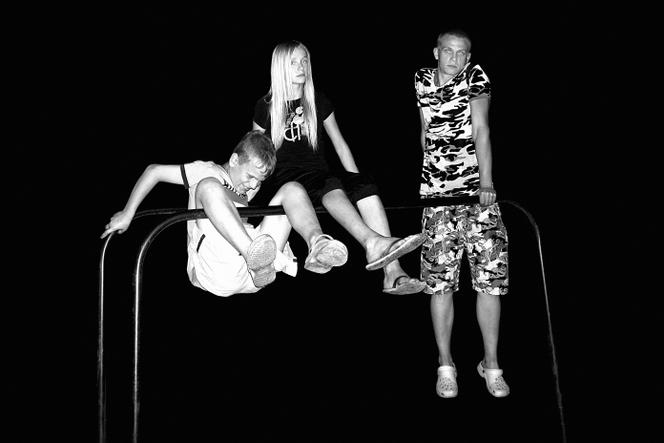


In an episode of the American series This Is Us (Prime Video), which follows a fictional family over the years, 18-year-old Kate Pearson is rescued from the clutches of a toxic boyfriend by her mother and brothers. They burst into the cabin where the young couple is spending the weekend and forcibly eject the guy who is emotionally abusing their beloved Kate.
The situation is clear: Marc, the boyfriend, is manipulative and abusive. Young Kate is vulnerable and lacks self-confidence. Her brothers and her mother rescue her from this situation, and she is grateful to them, even if she will remain deeply affected by the relationship. But even though This Is Us is my obsession of the moment, and I spend as much time with its characters as I do with my own children, it's still fiction, with all the narrative simplifications that implies. In real life, situations are rarely so clear-cut or easy to resolve.
Can we interfere in our children's relationships? Under what circumstances, and when? First of all, it might be useful to ask yourself: Why am I tempted to intervene? If it's because I don't like the Christmas sweaters my son's friend is wearing, or because he's singing Damso rap songs too loudly and off-key, that's not a valid reason. Even if I think he talks badly, is rude or brings chips for a snack and eats them with his mouth open. I'm exaggerating, of course, but my point is that it's best not to confuse bad influences with otherness, or to censor our children, even if we don't like their choices.
The right boundary, in my opinion, is that of endangerment. Does my child's friendship put them at risk? The spectrum is broad. It can be psychological or physical danger, a growing sense of unease, apprehension or risky behavior. In other words, as family therapist Nicole Prieur puts it, what must guide our actions is "the desire to protect, not to invade."
But protecting is a very broad concept! I remember a conversation with a mother at my eldest daughter's nursery school. Her eldest was 5 at the time. She told me she was considering moving out of Paris "to avoid bad influences." "He's already asking me to go out on his own, and I don't want him hanging around," she added. She lived in a square where groups of young men and boys sold drugs. She wanted to protect her son from potentially harmful influences. I don't know if she went through with it, but I think this anecdote speaks volumes about her level of concern. This is hardly surprising: For years, political discourse has been aimed directly at the responsibility of parents – and especially mothers – when violence breaks out, as we saw again in June 2023, after the riots that followed Nahel's death in Nanterre. The image of a son "hanging around" under his mother's nonchalant gaze is pervasive, even referenced in NTM songs.
You have 60.26% of this article left to read. The rest is for subscribers only.
